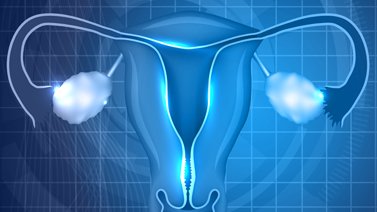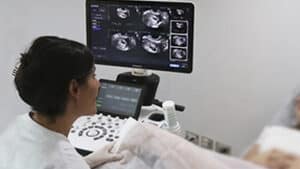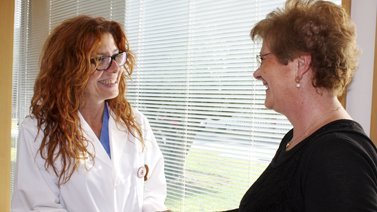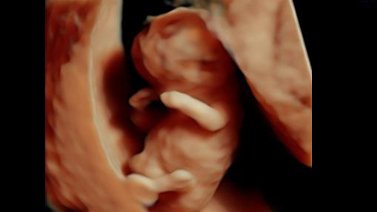Menopause
Life as a woman DOES NOT END because periods do. It really depends on how each woman chooses to go through one of the longest and most enriching stages in life

The attitude that each woman displays in order to face all these changes with normality, accepting it as a physiological fact for which there are many measures of different kinds to maintain an optimal well-being, is crucial.

What is the definition of menopause?
The term ‘menopause’ refers to the last time women have their period. It also requires that they do not have their period for the following 12 months at least. This is important because any woman who has menstrual bleedings after 12 months at least with no menstrual cycles MUST see her gynaecologist to exclude pathologies that may have caused those bleedings.

At what age does menopause occur?
The average age is 50-51. The transition to menopause normally occurs from 45 to 55.
In a percentage of women it occurs many years earlier. Where it occurs before the age of 40 it is termed ‘premature menopause’.
The term ‘perimenopause’ refers to the years before the definitive end of menstrual cycles. During this period, women start to feel and display some characteristic physical and emotional changes.
The term ‘postmenopause’ refers to the period from which menstrual cycles stop.

Why does it occur?
The loss of the menstrual cycle is part of physiological evolution. In other words, it is something normal in a woman’s life. It is produced by a progressive decline in ovarian function, a fact which every woman in the world experiences in a similar way, and it is part of the ageing of our organism, in the same way as our sight and our hearing deteriorate, or changes in our metabolism occur.
The decline in ovarian function causes, among other things, that hormone production (e.g. oestrogen) fails to maintain the menstrual cycle pattern that a woman has had throughout her life. This progressive decline in oestrogen levels is what determines the appearance of the conventional symptoms of this stage.

How does it affect women’s lives?
Short-term effects:
- Changes in menstrual cycles until the cycles are lost.
- Hot flushes. Night sweats.
- Emotional instability. Irritability.
- Low sexual desire.
- Sleep disturbances.
Mid-term effects:
- Weight loss and dry skin.
- Dry mucous (vaginal dryness, especially).
Long-term effects:
- Osteoporosis (reduced bone density).
- Increased risk of bone fractures.
- Cardiovascular disturbances.

What are the options for treatment?
Before any kind of treatment is suggested, the following should be done:
- Evaluating the patient’s medical history.
- Performing a general and gynaecological examination of the patient.
- Personalising the treatment according to the symptoms that vary from one woman to another and will eventually change.
- Treatment options:
Hormone therapies (oestrogen administration and, possibly, progesterone, depending on the case) and isoflavones (derived from soy).
Specific prevention and treatment of osteoporosis (nowadays, there is a long list of pharmaceutical drugs available).
Prevention and treatment of cardiovascular symptoms.

What general recommendations are there for this stage in a woman’s life?
It is really important to find out about the patient’s lifestyle, because her physical and emotional well-being, as well as her health in general, can be improved by changing certain habits.
Some important measures are:
- Keeping a healthy and adequate diet.
- A reasonable sun exposure every day (30 minutes).
- Physical exercise.
- Keeping good levels of vitamin D in blood.
- Avoiding toxic habits, like smoking.
- A moderate alcohol consumption.
- Regular intercourse.
In short, the best habits for your health during this stage as much as during any other stage in life are: keeping a balanced diet, avoiding smoking and high intakes of alcohol, and doing physical exercise regularly, in order to prevent not just osteoporosis but any other damage to your health that is common at this stage of life.

Is it possible to become pregnant during menopause?
The answer is YES. For a long time now, regular long-term pregnancies have been possible at this stage of life, with high success rates, thanks to assisted reproduction techniques. Naturally, keeping in mind that the main function of the ovaries is to perpetuate our species and being aware that this function is lost in postmenopausal women, conception is achieved by means of In Vitro Fertilization treatments, with either donated eggs or adopted embryos.